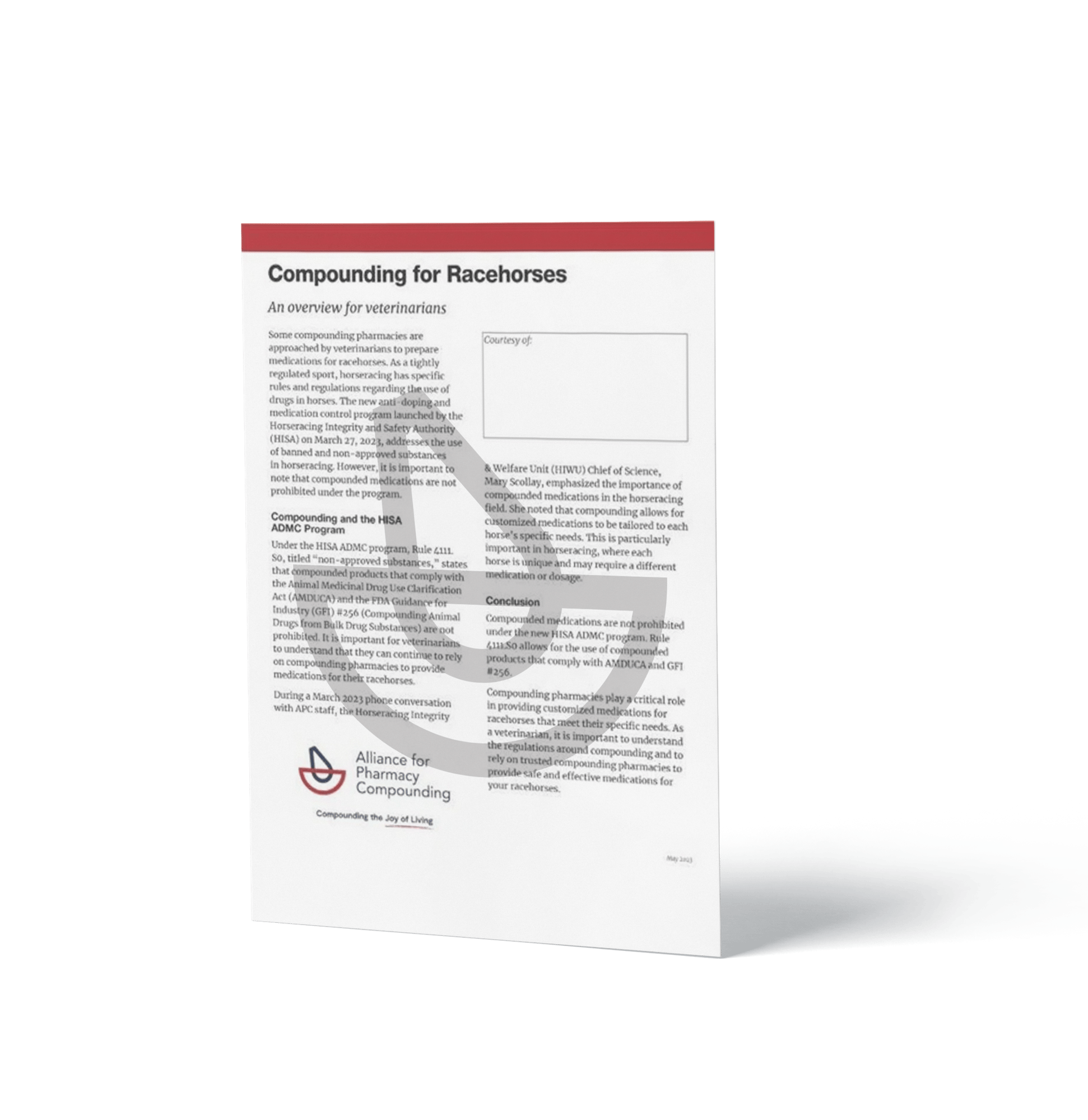Prescriber Briefing Resources
Unfortunately, there are still practitioners out there who question the legitimacy of pharmacy compounding, so they’re reluctant to consider the compounded therapies you can provide their patients. (Or worse, they ask you to compound substances that are prohibited.)
To help you educate your prescribers, APC and the Pharmacy Compounding Foundation have developed five member-only briefing documents you can share with practitioners and other medical professionals:
 |
The Truth About Pharmacy Compounding, which explains the regulatory framework under which compounders operate and provides an overview of what can and cannot be compounded under federal law.
|
 |
Compounding Peptides: It’s Complicated. This briefing explains restrictions on peptide compounding as well as uncertainty surrounding the list of semaglutide on FDA’s Drug Shortage List. An updated briefing will be available soon.
|
 |
Prescription Compliance: DEA’s “Wet Signature” Requirement. This briefing explains how the Drug Enforcement Agency’s (DEA) “wet signature” requirement applies to electronic prescriptions for controlled substances.
|
 |
Documenting Medical Rationale. With enforcement of FDA’s GFI 256 set to commence April 1, 2023, APC has developed this briefing to help you coach the veterinarians you work with on what they must document on prescriptions for compounded animal drugs.
|
 |
Compounding for Racehorses: An Overview for Veterinarians. As a tightly regulated sport, horseracing has specific rules and regulations regarding the use of drugs in horses, including the use of compounded ones.
|




.png?width=400&height=440&name=Layer_1%20(2).png)

.png?width=638&height=350&name=image-container%20(9).png)
.png?width=638&height=350&name=image-container%20(8).png)




.png)
